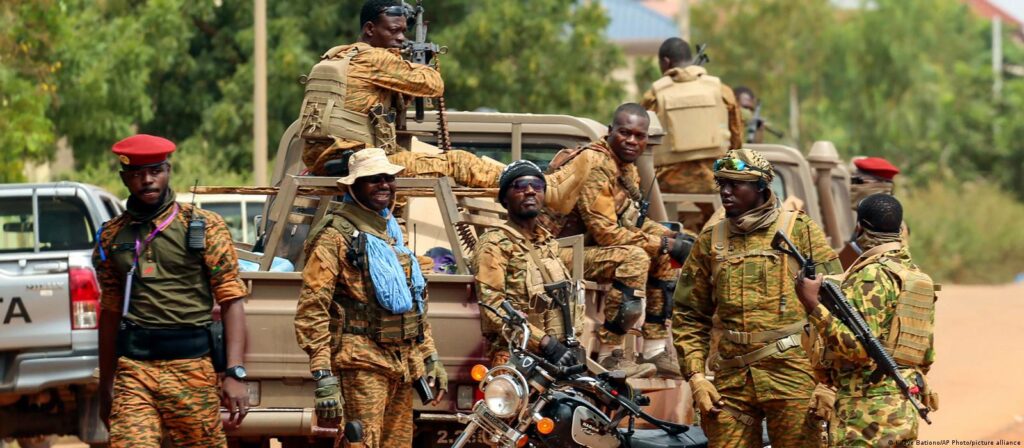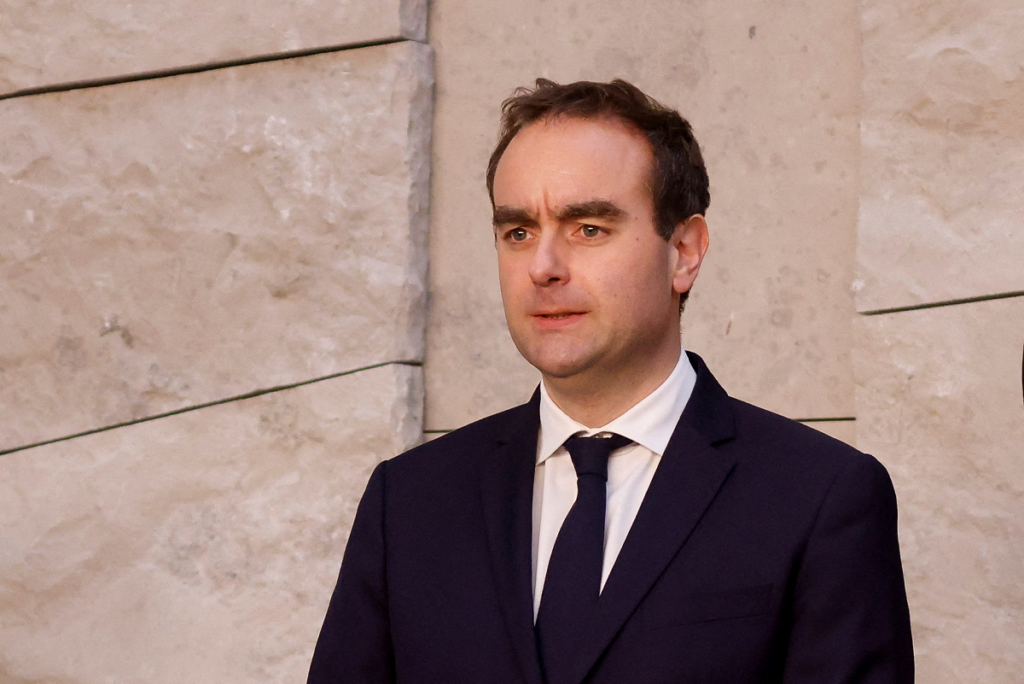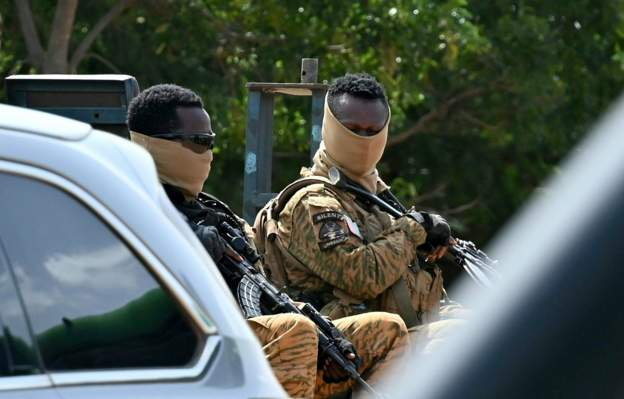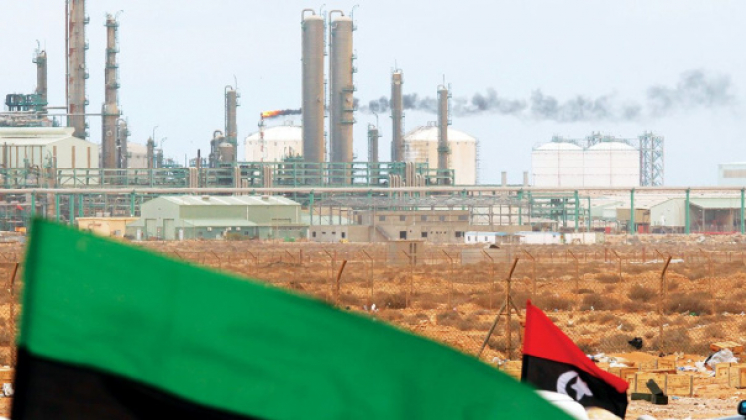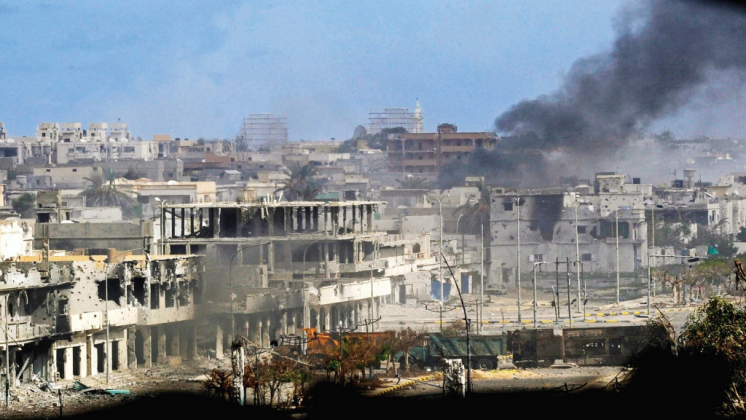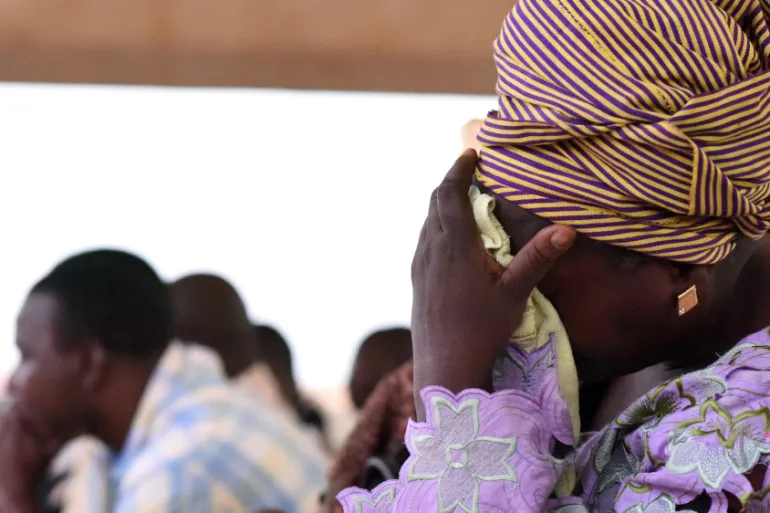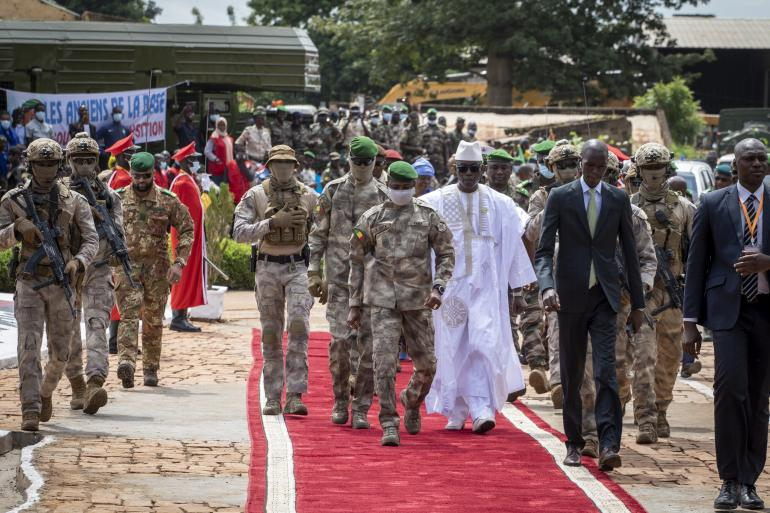En Somalie, dix civils tués par les Chabab à Mogadiscio
Les islamistes combattent depuis 2007 le gouvernement fédéral soutenu par la communauté internationale. Chassés des principales villes, ils restent implantés dans de vastes zones rurales.
Dix civils ont été tués mardi 21 février en Somalie dans une attaque revendiquée par les islamistes radicaux chabab dans la capitale, a annoncé le gouvernement. Vers 15 heures, des Chabab ont « attaqué une maison dans le district d’Abdiaziz », au nord de Mogadiscio, selon un communiqué du gouvernement, précisant que trois personnes ont été blessées. Les forces de sécurité somaliennes « ont secouru et extrait de nombreux civils de cette maison et dans les immeubles aux alentours », selon les autorités, qui ont précisé que les quatre assaillants ont été tués.

